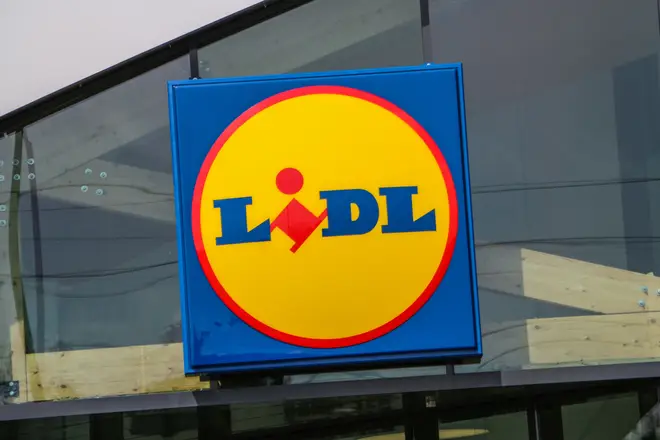
Nick Abbot 10pm - 1am
19 August 2019, 11:25

Lidl has reminded British suppliers that they will be expected to pay EU import tariffs on goods entering Ireland after Brexit.
Lidl's Irish business has written to their British suppliers to remind them that in the event of a no-deal they will be expected to pay EU import tariffs.
Currently, as both Britain and Ireland are EU member states, no tariffs are paid on goods entering Ireland.
However, Lidl's current contracts with suppliers contains a clause saying goods from outside the EU must be delivered with tariffs paid.
In the event of a no-deal Brexit, EU tariffs would come into force automatically.
The German supermarket chain has said that they have been "working closely for over two years with external consultants, not only to get our business Brexit ready, but also to ensure our valued suppliers are as prepared as possible."
They also confirmed that they have been holding workshops with British suppliers to make sure that they have the necessary information to "avoid any disruption" to supplies in the event of a no-deal Brexit in October.
In a statement, the supermarket said, "all existing Lidl contracts contain a DDP ('delivered duty paid') clause. In an effort to understand the level of preparedness of key UK suppliers we are communicating proactively with them and working together to resolve any potential barriers to supply."
This means that all costs incurred in the transportation of goods, including tariffs, are the responsibility of the supplier.
The tariffs could cause huge financial problems for British suppliers to the EU. On average, the tariff on meat is 18%, 12% on fruit and it can be as high as 45% on dairy products.
Whilst Boris Johnson has pledged to cut tariffs on food imports to the UK, he has no control over tariffs on goods exported from the EU to the UK.
Supermarket sources have suggested that other supermarkets are expected to follow suit and enforce similar deals to this, and that the potential costs are likely to be too much for many suppliers to maintain.
Suppliers to Irish supermarkets are understood to be rearranging routes to bypass the UK entirely in order to avoid rising costs.